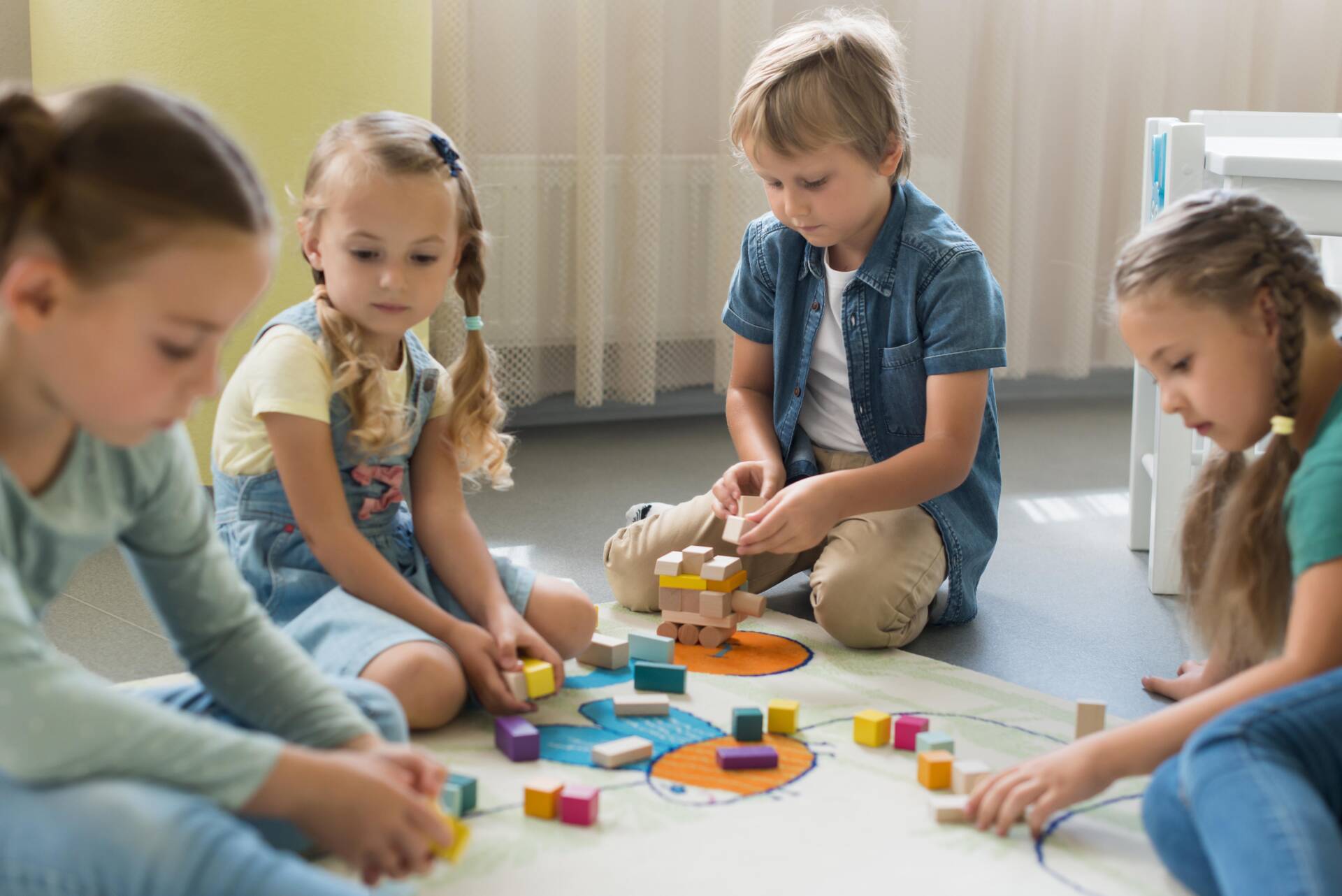Project Report For Play School
Introduction
Project report for Play School is as follows.
Playschool helps in the development of social, pre-academic, and general life skills. It promotes a child’s emotional and personal development by providing opportunities for youngsters to learn in ways that pique their interest and foster a strong sense of curiosity. As a result, it aids in the development of a good link with inquisitive learning through entertaining activities and guided play.
Playschool is vital for your child since it helps the child become accustomed to a schedule. The child also becomes aware of himself/herself and develops physical and cognitive skills. Playschools also allow the child to receive individual attention because the school has a very low student-to-teacher ratio.
Preschool classrooms are frequently arranged into centres or regions based on different subjects and forms of play. A typical preschool classroom might have the following centres: reading, arts and crafts, a water/sand table, building and math toys and a pretend play space. The school day is planned to include both free play time, during which children can choose which centres to play in, and structured time allocated to each subject.

Market Potential Of Play School
The preschool market in India is predicted to increase by USD 735.13 million between 2021 and 2025. Due to the impact of the COVID-19 pandemic in the first half of 2021, this represents a major market slowdown compared to the 2020 growth predictions. Furthermore, the analysis predicts that the market would grow at a CAGR of about 8%.
Pre-schools are educational facilities for children aged 2 to 4 years that focus on the early development of children’s skills. These organisations provide early education for children with the purpose of increasing their self-esteem and learning habits. These learning environments focus on strengthening their mental, emotional, and linguistic skills in order to build their fundamental motor, cognitive, physical, psychological, linguistic, and emotional abilities. They also hold team-building exercises for children to promote the idea of teamwork while also instilling compassion for their classmates.
The expansion of the Indian pre-school/child care industry is largely driven by factors such as increased parental awareness of the need for early childhood education and care, as well as the country’s growing proportion of nuclear families and working women.
Furthermore, factors like as parents’ increased disposable income and fast urbanisation have resulted in an increase in brand awareness and the penetration of foreign preschools in the country.
As a consequence, new and modern infrastructures, as well as high-quality preschool education programmes, have been developed throughout the nation.
The number of preschool/child care centres has also expanded dramatically as a result of growth in tier 2 and tier 3 cities, as well as an increase in franchise numbers in previously untouched regions.
Project Report Sample On Play School
Need Help?
Create 100% Bankable Project Report
